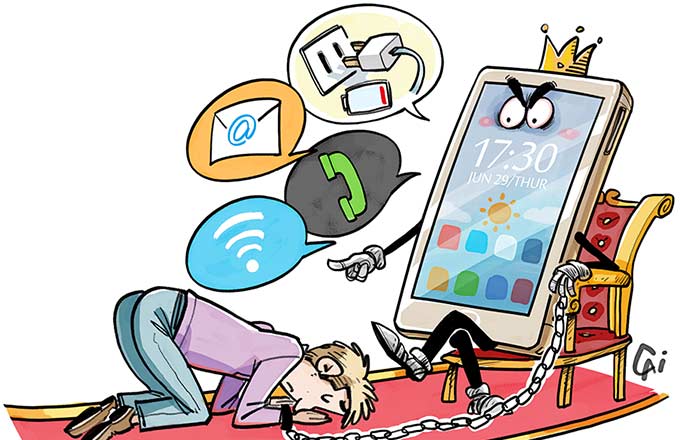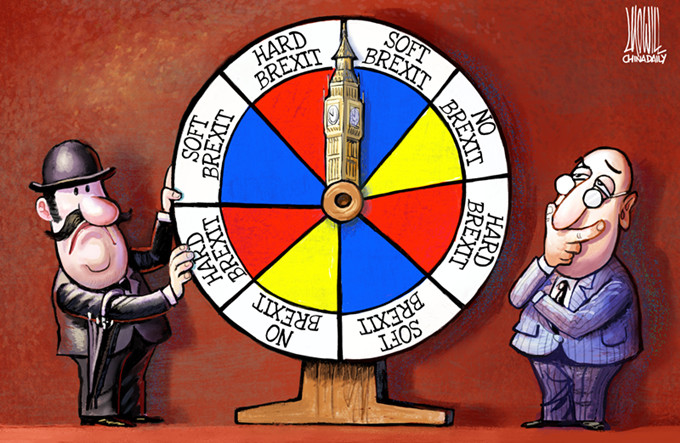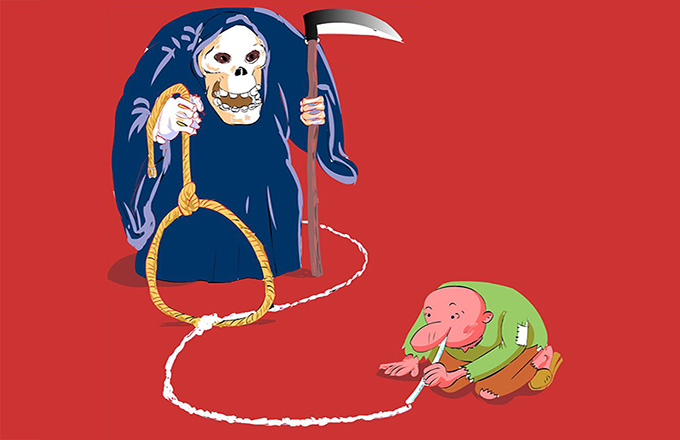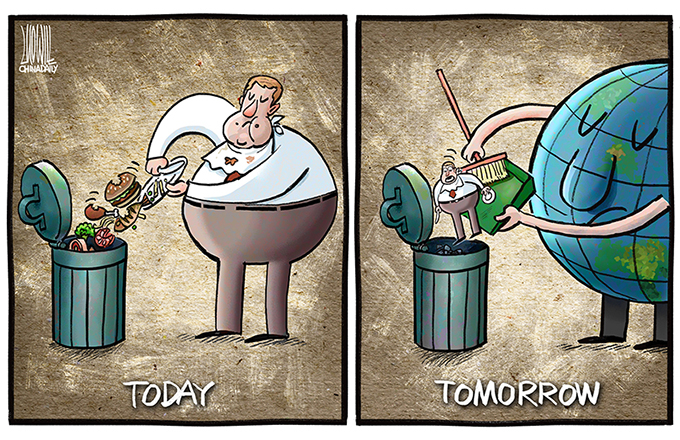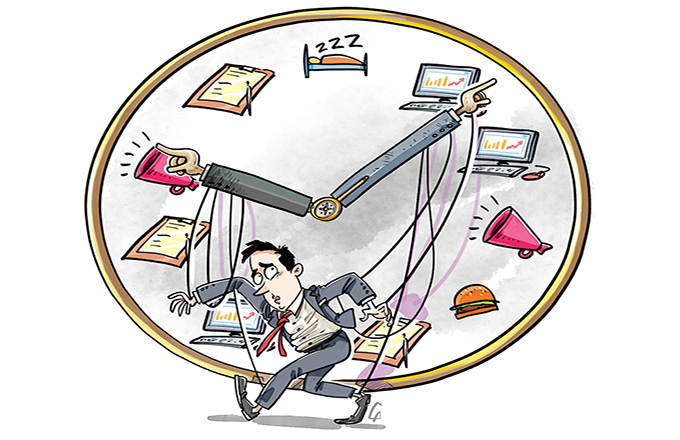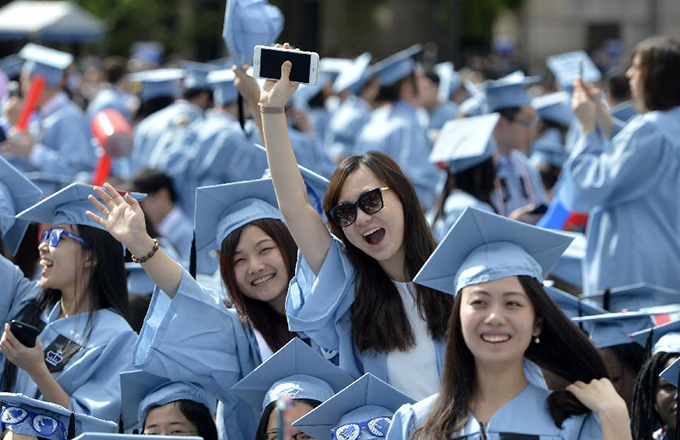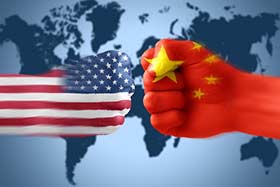To fight shams, punish those promoting fakes
Editor's note: Liu Hongbin, a self-proclaimed traditional Chinese medicine expert, has come in for severe public criticism after it was discovered that she is not a TCM practitioner and the pharmaceuticals she endorsed on TV programs were actually sham products. A consumer rights lawyer and a journalism teacher share their views on the issue with China Daily's Wu Zheyu:
Even real experts can't promote medicines
Many netizens have described Liu Hongbin as a "performing artist" disguised as a TCM practitioner to sell sham pharmaceutical products. The social consequences of Liu's promotion of sham TCM products might already be severe, because many people, especially senior citizens, believing in her claims could have been using them for some time.
From a legal perspective, all those involved in the fake medicine-promotion chain, including Liu, the advertising company that hired her and the TV station that telecast the ads, have violated the new Advertisement Law. Articles 16 and 18 of the law, which was amended in 2015, says ads for pharmaceuticals should not have assertions or guarantees for efficacy, rate of cure or efficacy, or use an endorser to recommend or testify a product. This means even real experts cannot appear in any pharmaceutical ads.
Besides, the advertisers can be held accountable for selling bogus products, according to Article 45 of Consumer Protection Act. And the "expert" promoter, agents and advertisers can be held jointly liable if the advertised products have caused harm to any consumer.
While law enforcement officials should distinguish ads disguised as health shows on TV, consumers must become more legally conscious and report such illegal ads to the related departments.
Qiu Baochang, director of consumer rights protection committee of Beijing Lawyers Association
Deception will cost dear in the long run
Many advertisements carry deceptive or false information. It is not surprising to see some TV channels with shrinking audiences trying to make money by telecasting dubious ads that make wild claims. Such TV channels, thanks to their shortsighted strategy, eye temporary benefits and thus enter a vicious circle of making money by telecasting ads selling unverified products. In the end, they lose public trust as well as their competitiveness.
The advertising association in China has been found wanting in terms of regulating the industry and disciplining advertisers. In contrast, the advertising association in Japan usually responds timely to consumers' formal complaints, and notifies the public about the penalties imposed on those infringing the laws and rules. When enterprises and media outlets have to pay hefty fines and lose public trust for infringing advertisement and consumer protection rules, they will be forced to ponder whether to risk such a move again.
It will take a long time to establish a fair and clean advertising environment in China. Still, it is encouraging to see cases, such as the one involving Liu, spark widespread public concern, because without public participation we cannot build a credible and promising advertising regime.
Huang He, associate professor of journalism, Renmin University of China.


